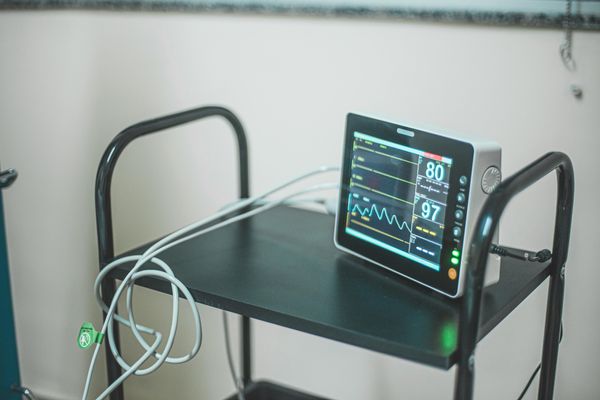
Playing a musical instrument or joining a choir is linked to better memory and thinking skills in older age, research has found.
The piano was especially associated with a better brain in those over 40 in the study from Exeter University, which reviewed data from more than a thousand adults and looked at how much experience the people had in participating in music.
The scientists investigated their brain health, including mental processes that help in planning, focusing, remembering, and juggling tasks – known as executive function – and found those who played an instrument scored more highly.
Singing was also linked to better brain health, but the researchers said social factors of being part of a group may also play a role.
Anne Corbett, professor of dementia research at the University of Exeter, said: “A number of studies have looked at the effect of music on brain health. Our Protect study has given us a unique opportunity to explore the relationship between cognitive performance and music in a large cohort of older adults.
“Overall, we think that being musical could be a way of harnessing the brain’s agility and resilience, known as cognitive reserve.
“Although more research is needed to investigate this relationship, our findings indicate that promoting musical education would be a valuable part of public health initiatives to promote a protective lifestyle for brain health, as would encouraging older adults to return to music in later life.
“There is considerable evidence for the benefit of music group activities for individuals with dementia, and this approach could be extended as part of a healthy ageing package for older adults to enable them to proactively reduce their risk and to promote brain health.”
Caroline Scates, the deputy director of admiral nurse development at Dementia UK, said: “The results of this study are positive, and echo similar research into the benefits of both listening to and playing music for people living with dementia.
“Music can provide a valuable form of communication for people living with dementia, including listening to music that the person may have a connection with even in the later stages of the condition. The ability to make or play music – whether by singing or playing an instrument – can continue even when people living with dementia have lost other abilities and means of communication.
“If you know someone living with dementia who enjoys or has enjoyed singing or playing an instrument, it can be beneficial to keep these instruments or sheet music to hand for them to play or read.”







